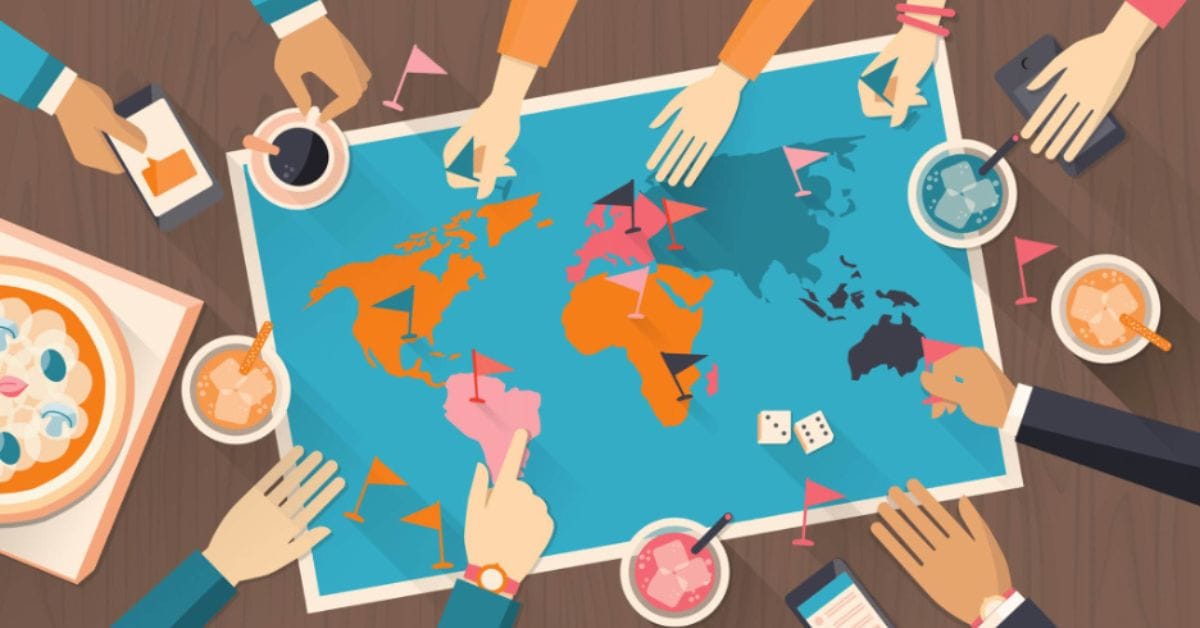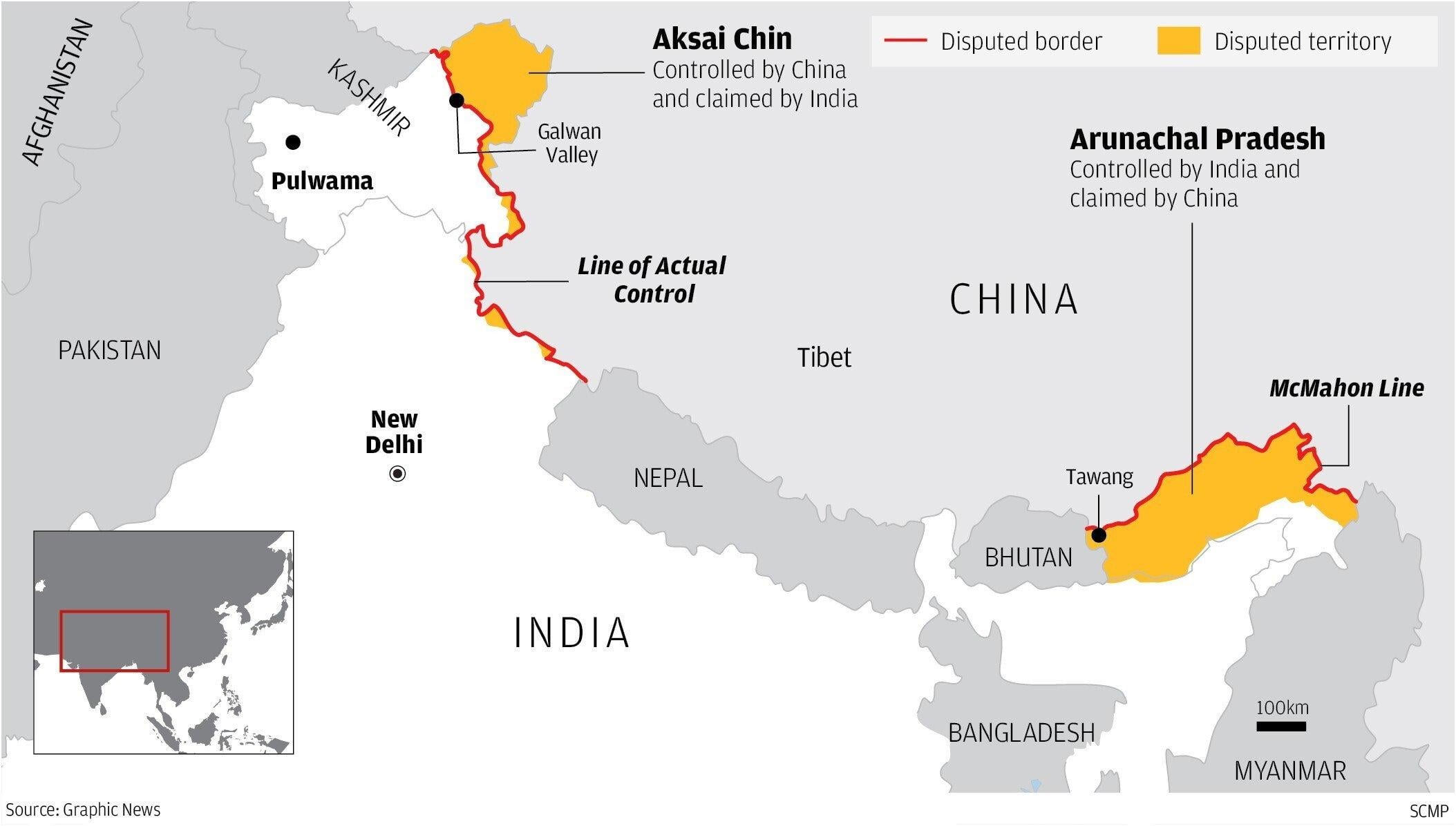Apart from the traditional notion of hard power that involves quantifiable military and economic might, soft power as a facet of power has found political resonance in the realm of international relations in recent decades. Pioneered by Harvard scholar Joseph Nye, soft power is a non-coercive facet of power that has become increasingly important in maintaining hegemony in the world. Soft power entails the art of subtly influencing outcomes by shaping the preferences of other countries and actors outside your own country via the tactics of attraction, appeal, and persuasion.
In the words of Nye, ‘It is simply a form of power, one way of getting desired outcomes.’ While he identifies three broad categories of soft power namely: “culture”, “political values”, and “policies”, culture in the form of cultural diplomacy has emerged as the most powerful tool of soft power in the rapidly changing landscape of global politics in recent years.
Cultural diplomacy can be defined as the propagation and exchange of tradition, customs, ideas, values, and other aspects of culture to create a desired image of the nation to further its national interests and foster mutual understanding and cooperation to build broad support for its economic and political objectives by seducing global public opinion in its favour. This cultural exchange takes place through various channels of cultural exchange programs, international delegations, and intercultural dialogue spanning diverse domains such as art, literature, music, theatre, sports, tourism, movies and similar contexts.
However, cultural diplomacy is not something new and has rather been in practice for centuries serving as the lynchpin of public diplomacy. Throughout history, artists, travellers, and saints have acted as informal cultural diplomats and ambassadors of culture facilitating the exchange of language, religion, ideas, arts, and societal structures which has been evident in maintaining amicable relations between divergent groups. A prominent example of the use of cultural diplomacy can be traced back to Ashoka who sent Buddhist missionaries across ancient Asia to secure the frontiers of his empire successfully establishing a strong and peaceful reign.
All the views and opinions expressed are those of the author. Image Credit: Nickeled and Dimed
About the Author

Ipsha Bhalsagar is a recent Electronics and Telecommunications engineering graduate with a strong passion for geopolitics and international relations. She has contributed to platforms like The Indian Netizens and Project Statecraft, and the Indian Forum for Public Diplomacy. Ipsha’s work explores the intersection of technology and global affairs, with a focus on strategic analysis and data-driven insights. Her article on India’s maritime security was published in the Phadke Journal of Strategic Studies. She also writes occasionally on her website, sharing her thoughts and opinions.



